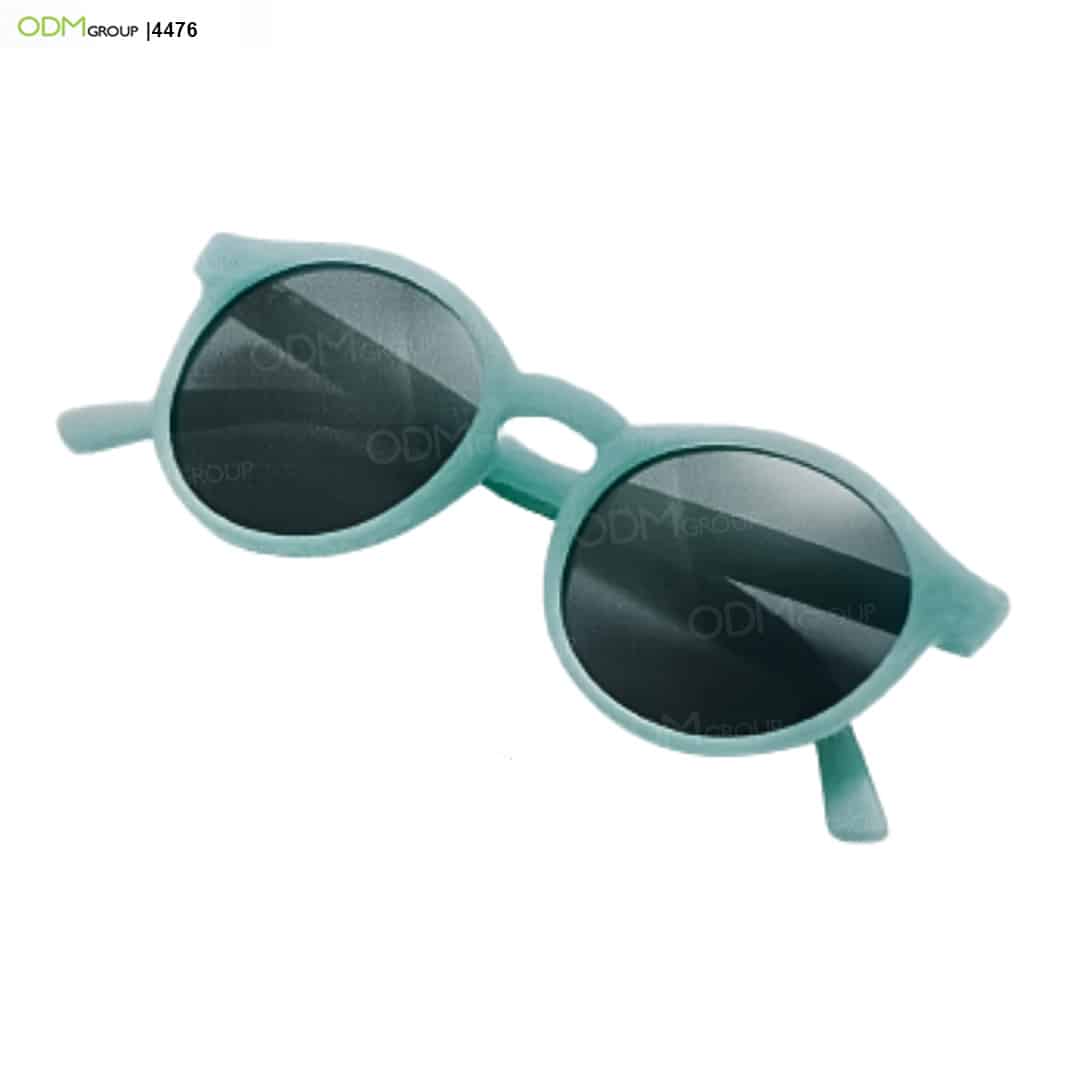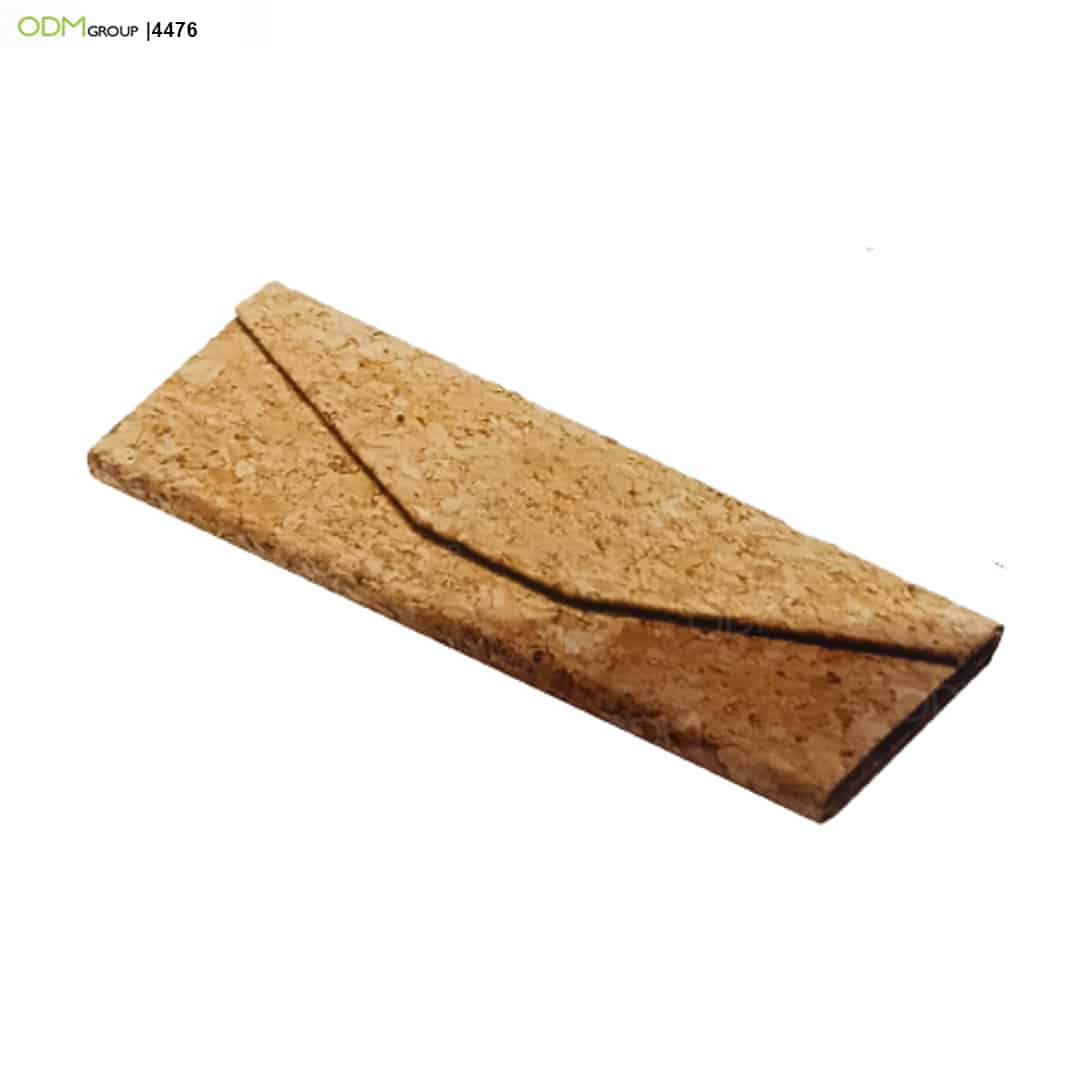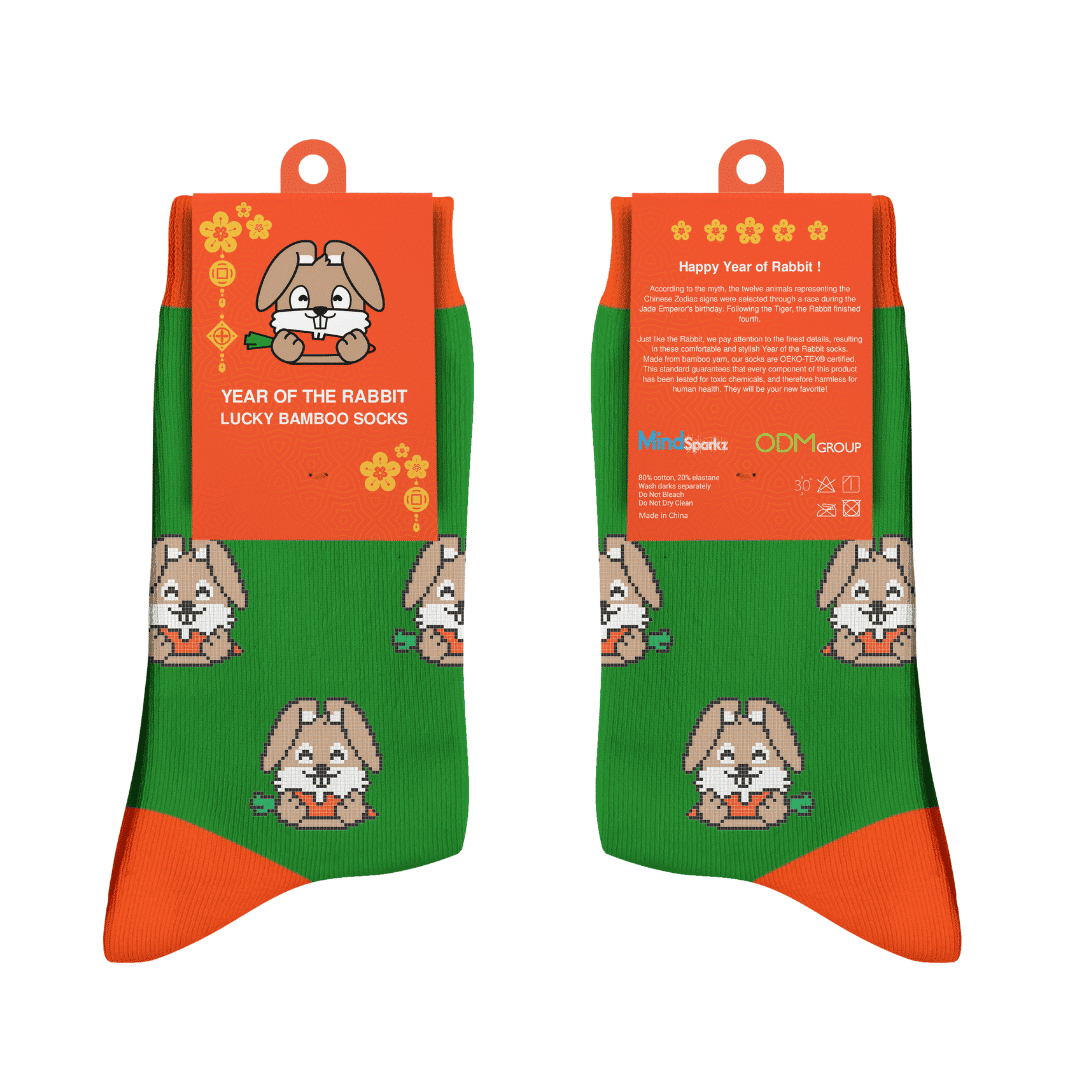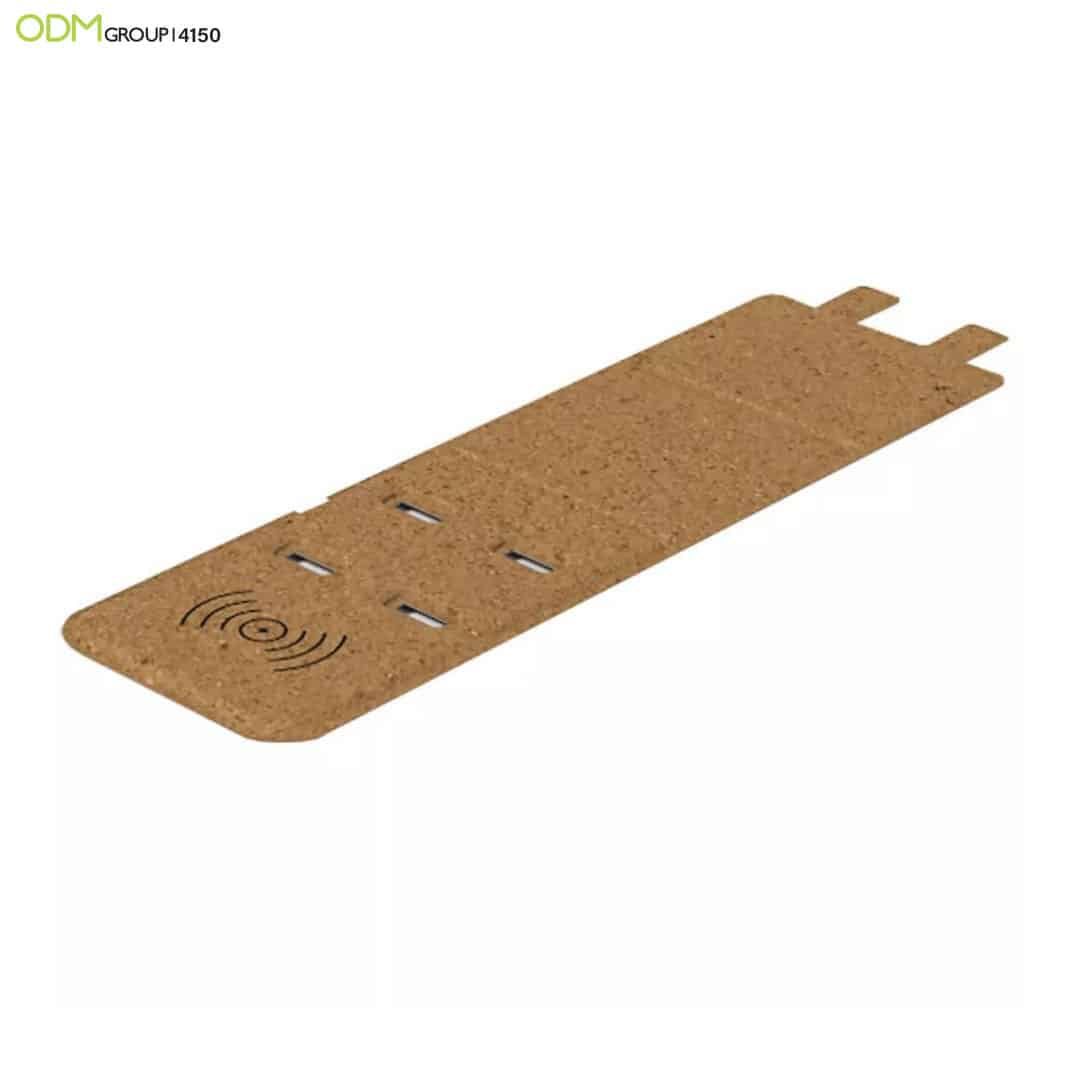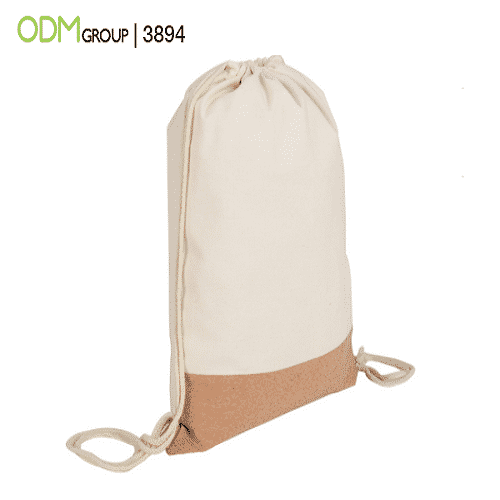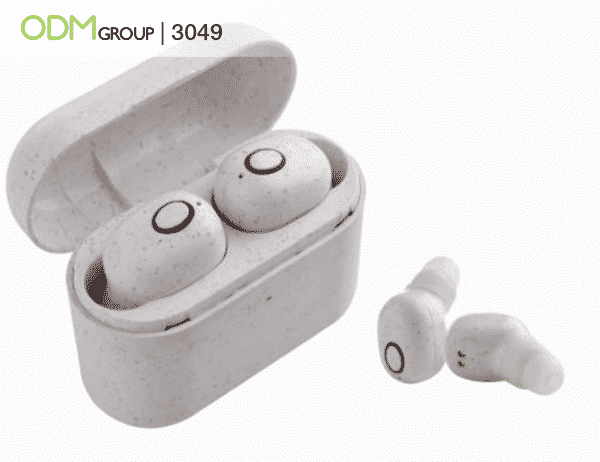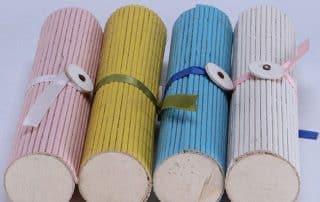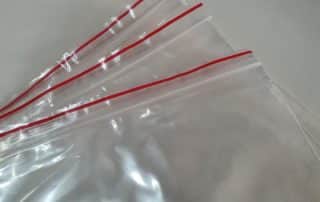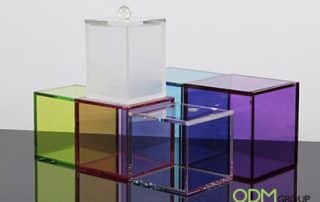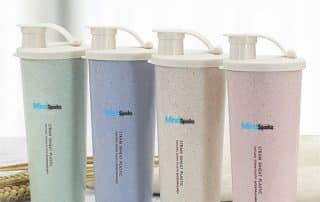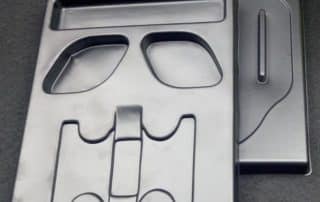Nowadays, reducing carbon footprint and enabling sustainability in everyday life is a concern for everyone creating market demand. This gave rise to alternative solutions and bio-based materials are one of those. However, what are bio-based materials? And why should brands invest in it? We answered all of that below with 5 bio-based product ideas for you!
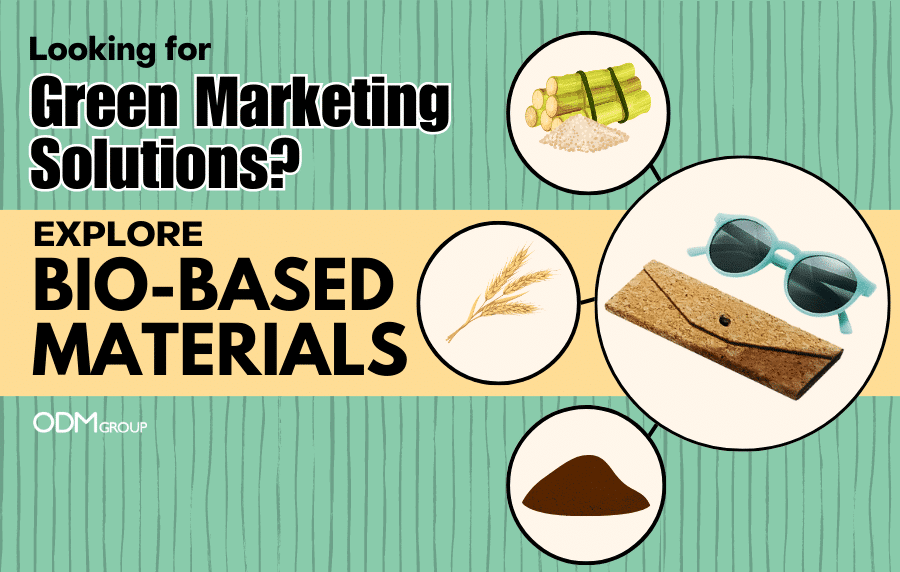
What Are Bio-Based Materials?
Bio-based materials are materials acquired from renewable resources or living organisms. They’re considered to be more environmentally friendly and have advantageous features in comparison to materials from fossil fuels.
The use of bio-based materials has gained attention due to their potential to reduce greenhouse gas emissions, dependence on fossil fuels, and environmental impact. However, it’s that is not always the case. It is also important to consider factors such as land use, water consumption, and the overall life cycle of these materials to ensure their sustainability.
These materials can be used in a wide range of products and industries including textile, product packaging, construction and more.
Top 5 Bio-Based Product Ideas You Should Not Miss
1. Bio-Based Sunglasses
Being stylish does not have to be at the expense of the environment and bio-based sunglasses proves that. This eyewear can be made from a variety of bio-based materials such as wheat straw, coffee grounds, sugar canes and a lot more.
These bio-based sunglasses are biodegradable and eco-friendly. It’s a great promotional product to include in your sustainable marketing that people will surely appreciate for its practicality, style and sustainability.
2. Bamboo Yarn Socks
Bamboo socks are made to keep your feet dry and comfy throughout the day. The fabric’s hollow fibre structure makes it incredibly absorbent. In comparison to regular cotton socks, it can absorb four times more moisture!
On top of that, it is hypoallergenic. Bamboo yarn is the perfect material for sensitive skin, offering relief and, at the same time, preventing irritation from occurring.
3. Eco-Friendly Wireless Charger
The eco-friendly phone charger is made of cork which is a highly sustainable material harvested from the bark of oak trees. It weighs 75 grams which is light and thin enough to be slid into any bag.
It is also designed to function as a phone stand or holder. It has four holes so customers can adjust the stand height according to their needs. Additionally, since it is wireless, it requires less effort to charge mobile phones or any other gadget.
4. Cork Drawstring Bag
This drawstring bag is made from cork and cotton. It is highly customisable to include a brand logo, mascot or promotional message.
A drawstring bag is the perfect promotional merchandise for a young target audience since they appreciate how handy it is the most.
5. Cornstarch Earbuds
These promotional earbuds are made from cornstarch PLA. It is industrial compostable which means it wouldn’t add to the waste that harms the environment.
It also appeals to a wide range of market since almost everyone these days enjoy music wherever they go.
4 Advantages of Bio-Based Products
The renewable nature of bio-based products is one of its main benefits. They come from resources that may be regenerated through cultivation, such as plants.
Bio-based materials provide a sustainable alternative that lessens reliance on non-renewable sources, in contrast to fossil fuel-based materials, which are limited and non-renewable
Compared to materials made from fossil fuels, bio-based materials often have a lesser environmental impact.
The production of these materials frequently use less energy and emits less greenhouse gases that harms the environment. Some bio-based materials can also compost or biodegrade, which reduces waste and pollution in landfills.
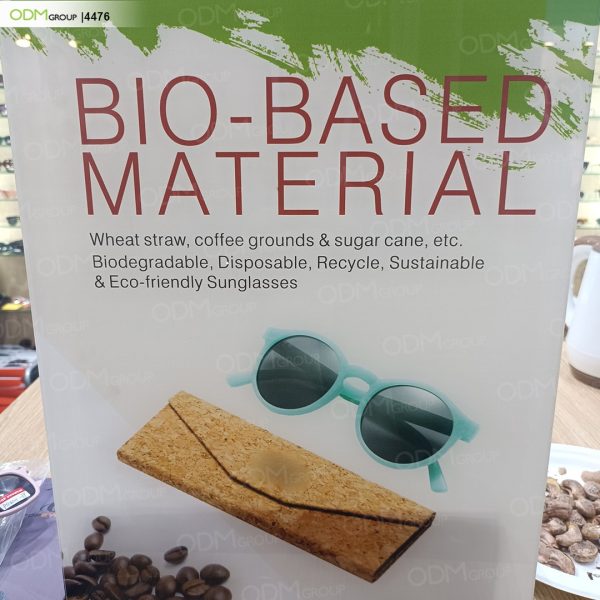
Bio-based materials help mitigate climate change by emitting less carbon dioxide and in turn, lower carbon footprint. Additionally, to continuously produce bio-based materials, plants must be cultivated which absorb carbon dioxide for photosynthesis.
From promotional products to product packaging and point-of-sale displays, bio-based materials can be used in almost every aspect of marketing. And it doesn’t end there since it is widely applicable across industries from construction to healthcare.
Find more bio-based materials you can use for your promotional products:
When sugarcane stalks are crushed, a waste product called bagasse is produced. It’s a cellulose fibre that is originally discarded, thus it is named bagasse, an Italian word that means trash or garbage. Read more here:
Leather is a material produced using animal skins and hides that have been treated with chemicals or dyes. They cause harm to animals and the forest as well as waste in water. Thus, alternative leather came to rise and one of them is bio-based leather.
After learning about the harm that leather made from animals does to the environment, pineapple vegan leather was developed as an alternative. It is made from the fibres of pineapple leaves, mixed with polylactic acid (PLA) and petroleum-based resins.
Moulded pulp packaging, sometimes referred to as fibre packaging, is created from recyclable materials like paper and cardboard as well as fibres from natural materials including sugarcane, corn, bamboo, and wheat straw.
Kraft-tex, also known as washable kraft paper, is a German-engineered paper made from tanned natural paper fibre that is washable, biodegradable and recyclable. Get to know more details in the blog below:
80% of ocean waste comes from the land through the drainage system or the rain. These wastes don’t have to stay there as they can be collected and recycled. These materials are Recycled Ocean Plastics. See more below:
Bio-Based Materials FAQs
All you need to know about bio-based materials!
What is a bio-based product?
A bio-based product is a product made from materials derived from living organisms such as crops and trees.
Are bio-based materials always biodegradable?
No, bio-based materials are not automatically biodegradable and they are not synonymous. There are some bio-based materials that can degrade naturally but some must go through industrial composting facilities to break down.
Are bio-based materials truly sustainable?
Bio-based materials have the potential to contribute to sustainability goals due to their renewable nature and reduced environmental impact. However, it’s important to consider the entire life cycle of these materials, including resource extraction, production processes, end-of-life options, and potential impacts on land use and biodiversity. Sustainability certifications and standards can help ensure the responsible sourcing and production of bio-based materials in order to declare a bi-based materials sustainability.
Accordingly,
Bio-based materials present a lot of advantages from lower environmental impact to renewable resources. On top of that, they’re versatile and can be used in a wide range of products and industries. They also leave a lasting impression on customers.
Harness ODM’s Talent!
The ODM Group is a promotional merchandise development company since 2003. We specialise in the customisation of promotional products as well as custom POSM displays according to your branding needs. We have a creative team, Mindsparkz, to lend you a helping hand on that.
ODM also has a magazine with over 8,000 articles covering industry processes, tips and tricks on marketing strategies like gift with purchase, factory audits and visits, and merchandise ideas for your next promotion. Contact us today!
For more details on the services we offer, you can refer to the list below:
